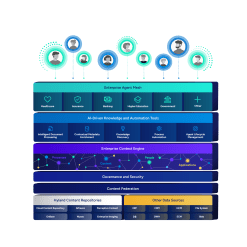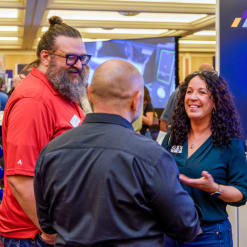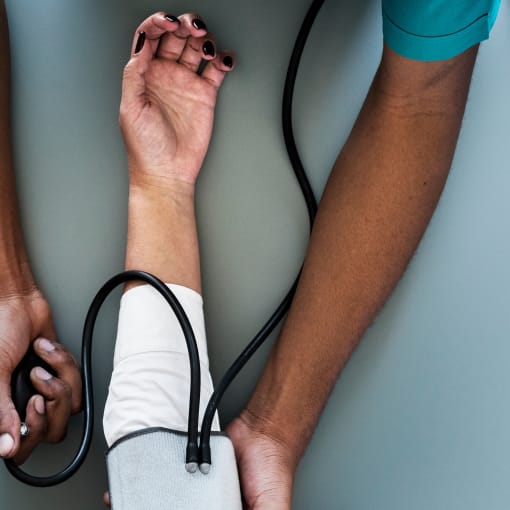Federation of State Medical Boards
Nonprofit combines fraud protection with individual custodianship of official records.

Harness the power of a unified content, process and application intelligence platform to unlock the value of enterprise content.
Learn more
Automate your document-centric processes with AI-powered document capture, separation, classification, extraction and enrichment.
Learn about Hyland IDPIt's your unique digital evolution … but you don't have to face it alone. We understand the landscape of your industry and the unique needs of the people you serve.
 Overview of industries
Overview of industries
Countless teams and departments have transformed the way they work in accounting, HR, legal and more with Hyland solutions.
 Overview of departments
Overview of departments
We are committed to helping you maximize your technology investment so you can best serve your customers.
 Overview of services
Overview of services

Learn proven strategies, connect with experts, innovate boldly
Register for CommunityLIVE 2026 today
Our exclusive partner programs combine our strengths with yours to create better experiences through content services.
Overview of partners
Join The Shift newsletter for the latest strategies and expert tips from industry leaders. Discover actionable steps to stay innovative.
Register now
Hyland connects your content and systems so you can forge stronger connections with the people who matter most.
Learn about HylandWith our modern, open and cloud-native platforms, you can build strong connections and keep evolving.
 Dig deeper
Dig deeper
Reading time minutes
Nonprofit combines fraud protection with individual custodianship of official records.

The Federation of State Medical Boards (FSMB) is a national nonprofit representing the 70 medical and osteopathic boards of the United States and its territories. Since its founding, the FSMB has grown in the range of services it provides, including licensure and credentialing of medical practitioners. Their ultimate objective is to promote excellence in medical practice and licensure as the national resource on behalf of state medical boards in their protection of the public.
FSMB has become the first professional membership organization to issue official documents to the blockchain. The FSMB issued sample verifications of undergraduate and graduate medical education credentials as part of their initial use of the Learning Machine issuing system. This process has been fully documented by the FSMB.
Traditionally, verification of medical education has relied upon the maintenance of physician profiles by credential verification organizations such as the FSMB. These profiles are then shared with third parties, such as hospitals and state medical boards upon request, and are often maintained in a redundant manner. Anchoring official records such as degrees, transcripts and verification forms to the blockchain allows physicians and other practitioners to maintain their own private profiles of medical competency, which they can share as they see fit.
In short, blockchains combine fraud protection with individual custodianship of official records.
Physician ownership of their official qualifications is possible through the blockchain certificates open standard (Blockcerts). As a result of this standard, professionals can hold and share their records using a credential wallet, a free mobile app. The Blockcerts Wallet serves as a user-owned repository or records that no vendor or issuing institution can access. Behind the scenes, it seamlessly manages the user’s public and private blockchain addresses so that the process of owning one’s digital assets is radically simplified. Any vendor or institution can build a Blockcerts-compatible wallet using the open standard, which is available in the iOS and Android app stores.
“Blockcerts was built to serve as a foundation for recipient ownership of digital assets,” said Natalie Smolenski, VP of business development for Learning Machine. “That is the great promise of blockchain technology: Now, individuals can own their digital property without reliance upon trusted intermediaries to serve as custodians of that property. However, many blockchain-based applications still put vendors at the center, diluting that promise. Learning Machine is building a social infrastructure that will outlast any company or issuing institution. We are building for the long-term future.”
The Blockcerts standard provides vendor and issuer independence. Should any issuing institution or platform vendor issuing Blockcerts cease to operate, the recipient still owns their records and can share and verify them in perpetuity.